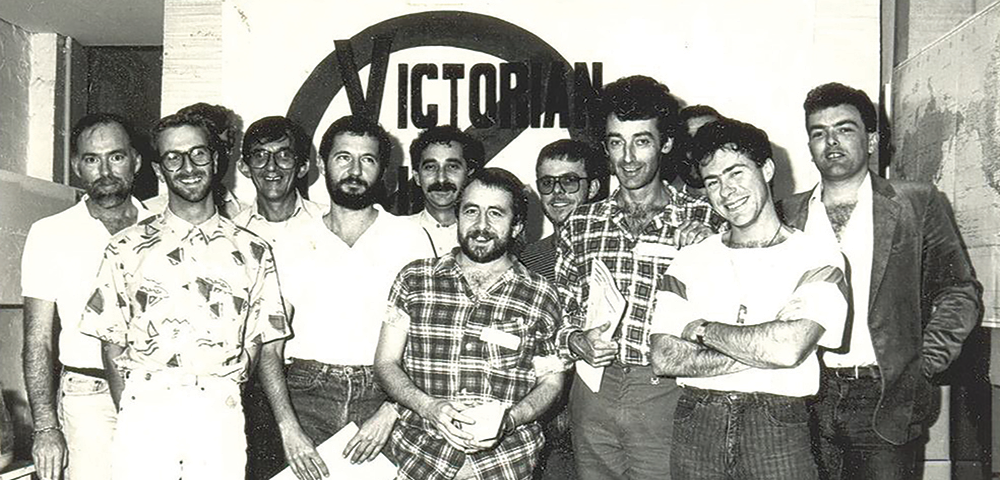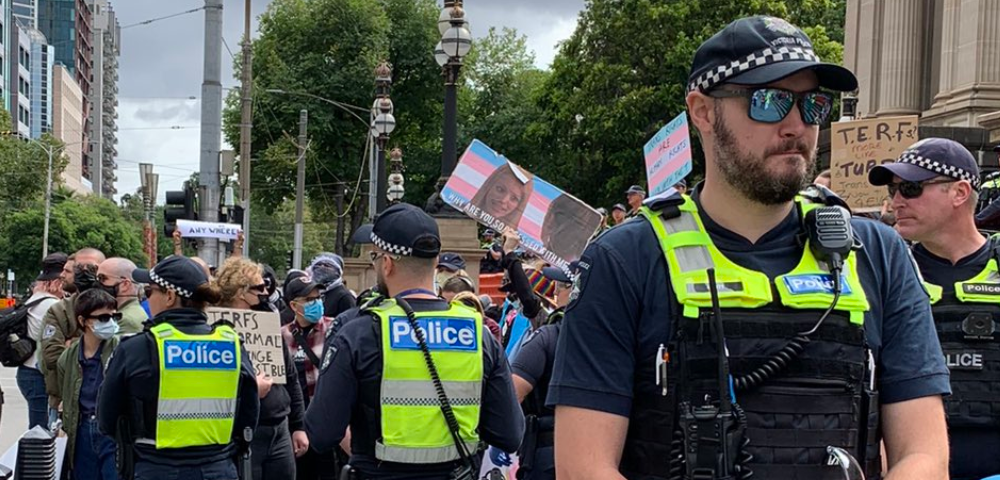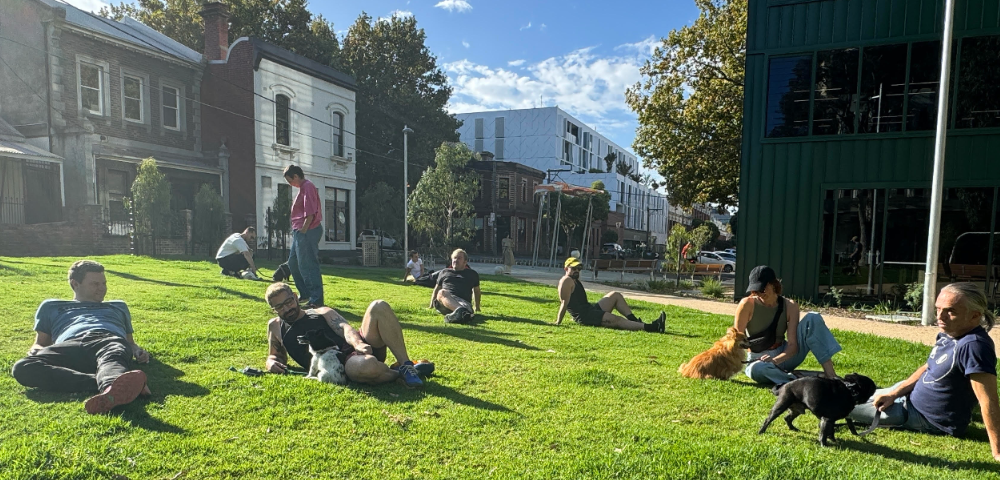
First gay HIV criminal charge
The first gay man in NSW charged with wilfully spreading HIV to another person will face court on August 11.
A NSW Police Media Unit confirmed with Southern Star sister paper, Sydney Star Observer, that a 55-year-old man was charged with one count of “cause person to contract grievous bodily disease”.
He will appear in Balmain Local Court on August 11.
The Star understands the man is the same individual ordered by a civil court to pay his former partner $757,487 earlier this year for causing pain and suffering, loss of income and loss of life expectancy, with that court apportioning $50,000 in exemplary damages as an expression of its “disapproval of disgraceful conduct”.
A lower burden of proof is required in civil cases. In criminal cases it must be established that a person is guilty ‘beyond a reasonable doubt’.
The man’s former partner told Sydney Star Observer in April he became HIV positive during a three-year relationship with the man, with the couple allegedly having unprotected sex after discussing their HIV statuses.
He alleges that his partner told him he was HIV negative, but after he had contracted the virus told him he had known this was not the case.
The first person convicted of passing HIV in NSW was Stanislas Kanengele-Yondjo, a heterosexual Congolese man imprisoned for 12 years in 2005 for having unprotected sex with two women he told he was HIV negative.
Responding to the general issue of the use of criminal sanctions in cases of HIV transmission, NSW Positive Life CEO Rob Lake urged caution.
“Where, after a fair trial, a person with HIV is convicted of an offence under the Crimes Act, the Court must make its judgment,” he said.
However Lake urged the use of the public health system in cases of allegations of deliberate transmission or exposure.
“Where a person acquires HIV, and believes they were misled into having unsafe sex, they should ask their GP to make a report to the NSW Health Department and seek action,” Lake said.
“The Department has a range of measures it can use for both the victim and the alleged perpetrator, and where it is considered appropriate, they can refer [a matter] to police.”
Lake said it was vital all parties had access to a fair trial when a crime had been alleged, and that judgement come from a court on the basis of evidence, not media or community speculation.









